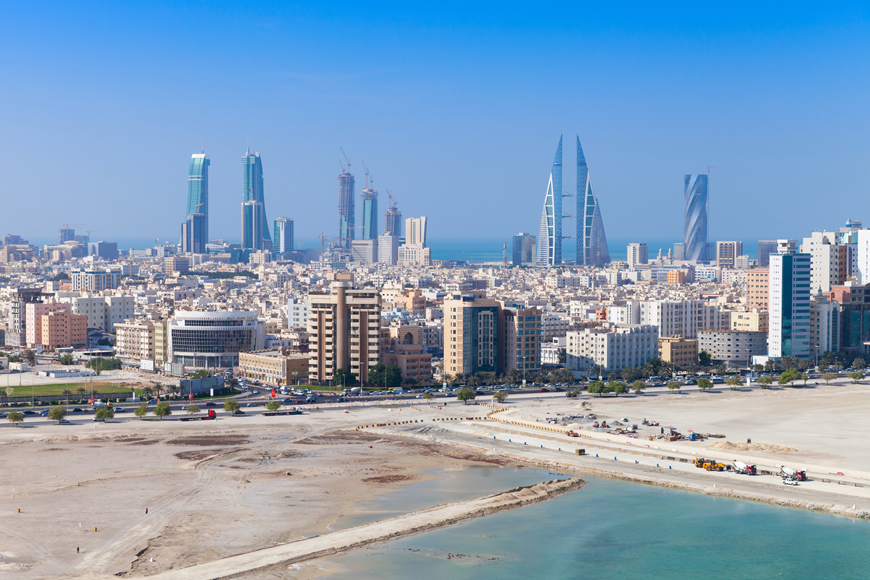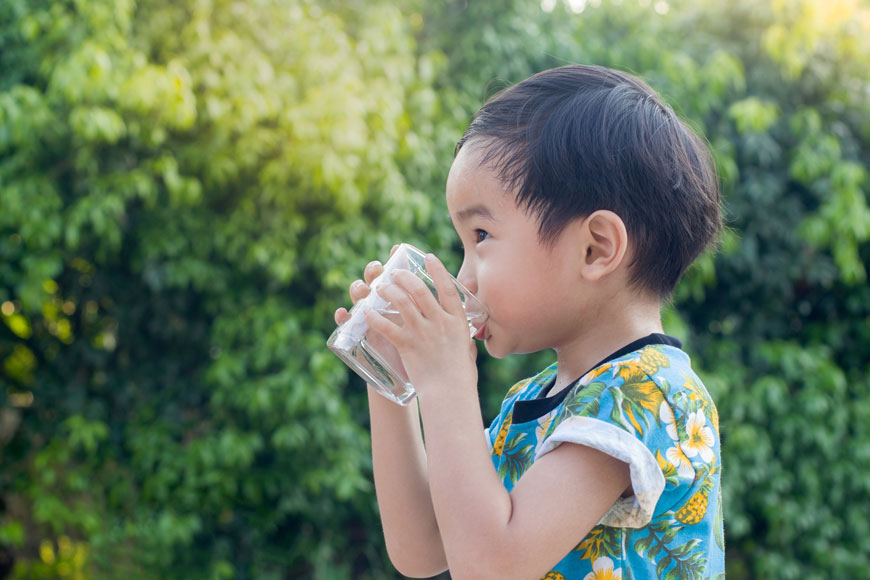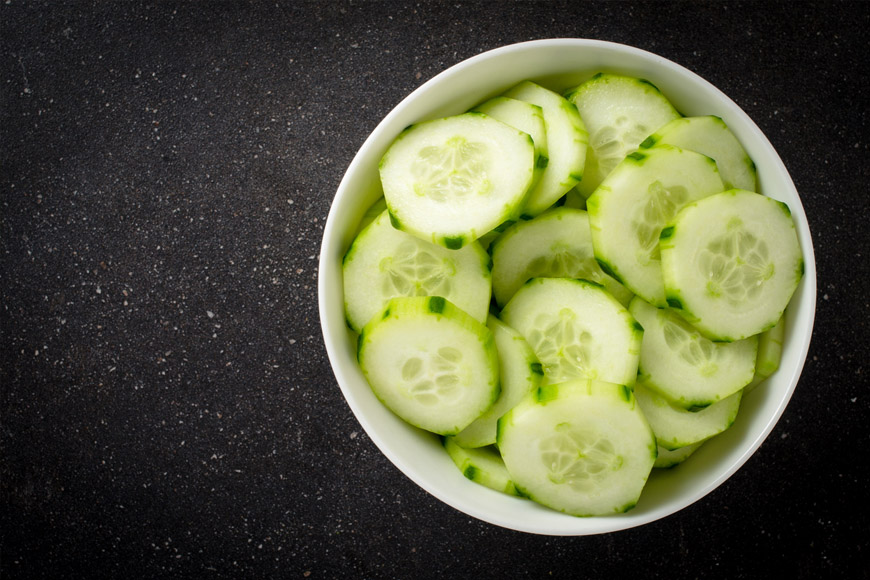Bahrain's weather is similra to the other Gulf countries, unbearbale in the summer and moderate in the winter.
27 August 2013
| Last updated on 19 June 2017
The Gulf region is known for being hot, it is after all a desert climate and Bahrain is no different. There are no definite seasons in Bahrain and temperatures vary from mild to hot. There is a summer and winter season. The summer months are considered to be between April and October. The average temperature is 40 °C and can reach 48 °C during June and July. The remainder of the year is considered winter is more pleasant with moderate temperatures that range between 10 and 20 °C.

Summer in Bahrain is a combination of high humidity and intense heat that often ensures that the streets are pedestrian free during the day time as being outside is just plain uncomfortable. In addition, a hot, dry southwest wind, known locally as the qaws, periodically blows sand clouds across the barren southern end of Bahrain toward Manama in the summer.
Winter is definitely the more comfortable of the two seasons and people opt to sit pool or beachside more during the winter months. There are many people who also prefer to take their exercise to the out doors during this season. However, humidity often rises above 90% in the winter. From December to March, prevailing winds from the southeast, known as the shamal, bring damp air over the islands. Regardless of the season, daily temperatures are fairly uniform throughout the archipelago.
Bahrain receives very little rain, and whatever precipitation falls on the Kingdom, usually occurs during the winter months. There are no permanent rivers or streams. The winter rains tend to fall in brief, torrential downpours, flooding the shallow wadis that are dry the rest of the year and impeding transportation. Little of the rainwater is saved for irrigation or drinking. However, there are numerous natural springs in the northern part of Bahrain and on adjacent islands. Underground freshwater deposits also extend beneath the Arabian Gulf to the Saudi Arabian coast. Since ancient times, these springs have attracted settlers to the archipelago. Despite increasing salinization, the springs remain an important source of drinking water for Bahrain. Since the early 1980s, however, desalination plants, which render seawater suitable for domestic and industrial use, have provided about 60% of daily water consumption needs.











































































.jpg?itok=Vve42DOW)












